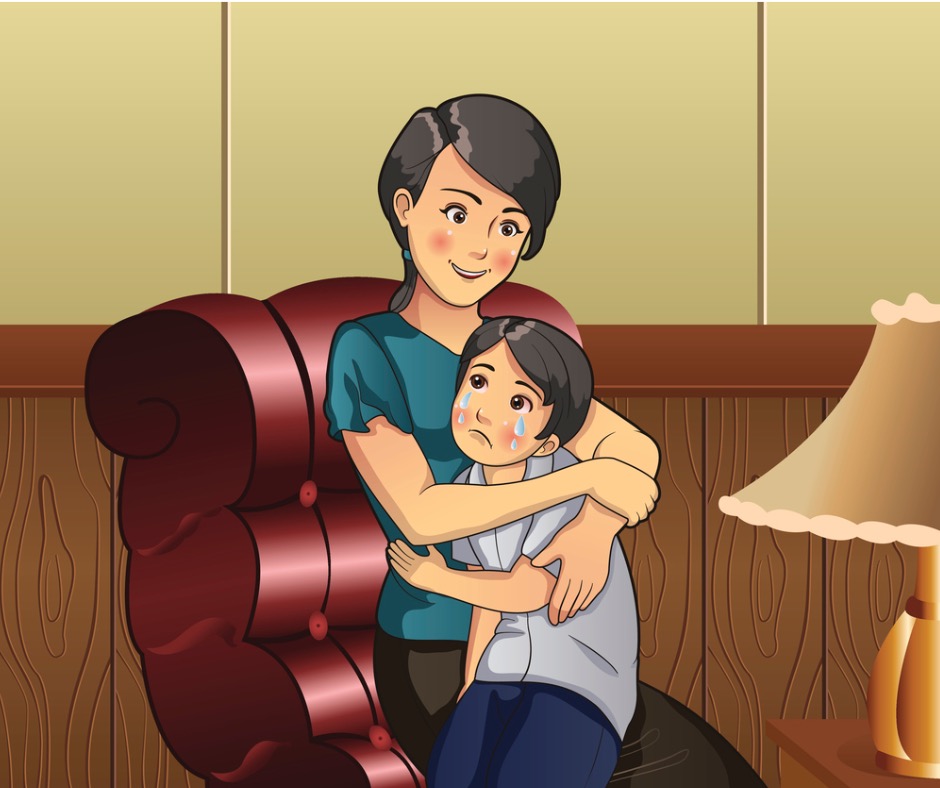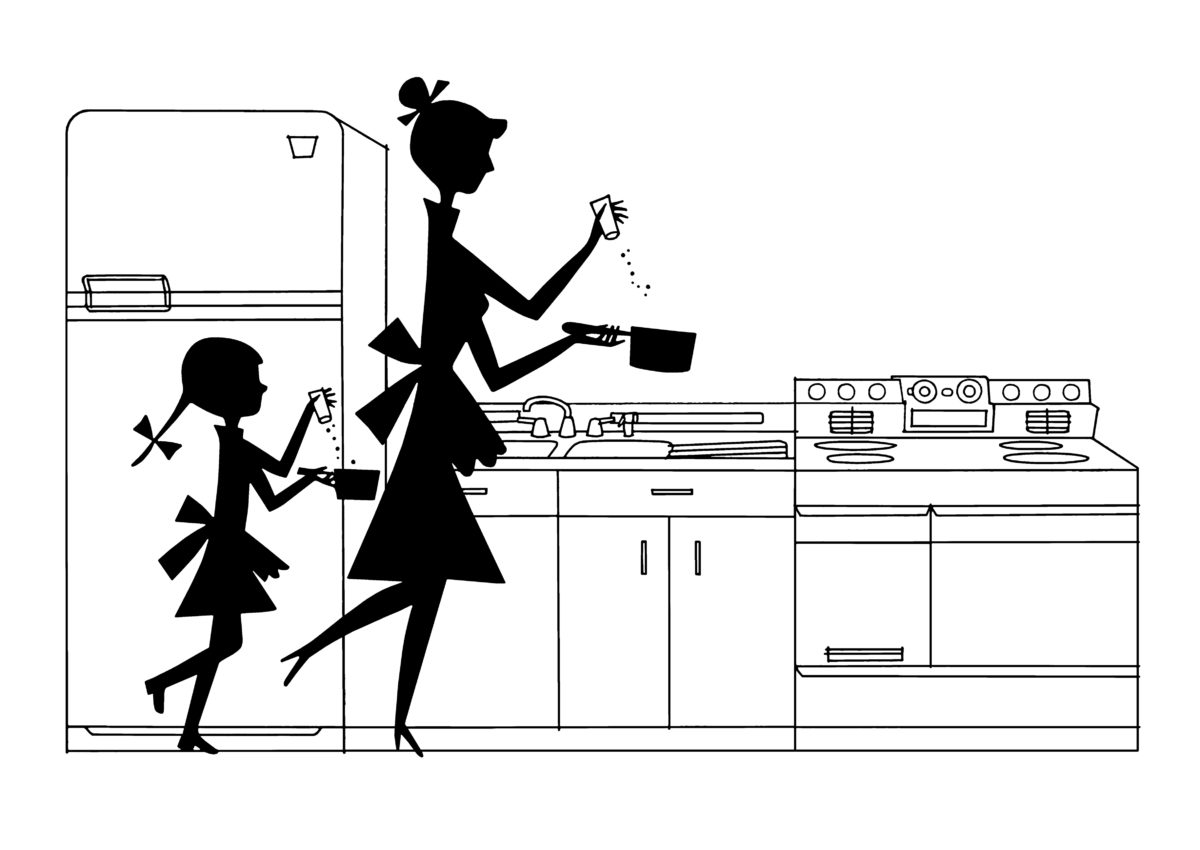Household Chores
If the community is rather large, he should be given helpers, that with their assistance he may calmly perform the duties of his office. Necessary items are to be requested and given at the proper times, so that no one may be disquieted or distressed in the house of God. (Rule of St. Benedict 31.17-19)
Who wants to do chores? Isn’t it demeaning, a waste of talent, for an educated person to pick up dirty socks off the floor? If there’s one thing that drives people away from domestic life, it’s the perception of household tasks as endless drudgery.
Is the drudgery in the tasks themselves, or in the disdain with which people view them?
A functioning household depends on these mundane, routine tasks. What happens when family members consider them unimportant and undesirable? Whoever does them receives not thanks but contempt. Someone who has worked hard without any recognition eventually from sheer discouragement gives out. Pride, resentment and humiliation damage the fabric of the family. When the members of the household despise the very things that hold it together, sooner or later it falls apart.
So even if you can afford to hire outside helpers, everyone should still participate in chores, according to ability and opportunity, but not according to rank or privilege. Parents should lead by example to show that the household itself is worth maintaining. There is no formula except to aim for some balance of fairness intrinsic to the family. The willingness is all. Each person contributes cheerfully to a worthwhile enterprise.
Children like to be helpers, and the problem when they’re little is that they so eagerly make all sorts of mistakes. It’s easier to do the thing yourself, but it’s important to take the time to include them. They need to learn not just the skills but the crucial principle of active participation.
It’s true that most households have to manage limited resources. But ultimately those resources and the children themselves belong to God. Parents are not owners of their children but stewards of souls entrusted to them for formation. Children are not chattel, and parents are not at liberty to dispose of them like property. Parents who use their children like objects will answer to God for what they have done, and for what they have failed to do.
Since everything that exists is sustained by God and belongs to him, we are all helpers accountable to him for what he has entrusted to us. But the steward of God is not a slave. Nor is God an employer who is just scraping by himself, squeezing everything he can get out of those he controls. God’s resources are limitless, and he promises to come alongside and be our Helper.
When your home is a pleasant place to return to, glamor does not lure you. Home is your refuge. You can refrain from excess and be generous toward those in need.
The trick is to be content. This is the whole end game of the domestic life and the thing that eludes so many unhappy people.
Contentment is a spiritual state. But it’s also about managing your resources, so that you’re not constantly pushed to the very limits of your strength.
Which is why, again, you need helpers. The goal is not to survive on your own without depending on anyone. The goal is to live happily together, sharing life’s burdens and joys.










